The CPD Blog is intended to stimulate dialog among scholars and practitioners from around the world in the public diplomacy sphere. The opinions represented here are the authors' own and do not necessarily reflect CPD's views. For blogger guidelines, click here.
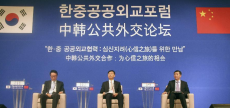
SEOUL --- At a conference here sponsored by the Korea Foundation, several dozen scholars and practitioners grappled with questions related to Korea’s global and regional diplomatic posture. My own suggestions as a conference participant centered on two questions
• How does public diplomacy relate to the strategic interests of Korea as a leader in East Asia and more specifically as a counterweight to Chinese influence?
• In what ways might new media be used to enhance Korea’s development of innovative public diplomacy programs?
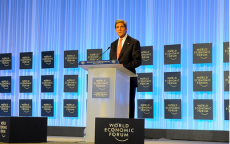
The deteriorating security situation throughout much of the Arab world underscores the need to urgently search for nonviolent methods of achieving stability. At the heart of the current unrest are not only political issues but also economic failures that are wiping out the vestiges of hope that remain after the region’s recent revolutions.
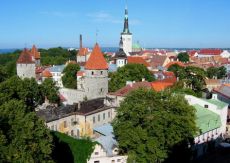
TALLINN --- Estonia’s capital seems a peaceful place. Tallinn’s cobblestoned streets are lined by medieval walls and towers, and tourists stroll amid churches and coffee shops. But Estonians live in a rough neighborhood; their eastern neighbor is Russia, which has never fully accepted that Estonia prefers the company of EU and NATO countries.
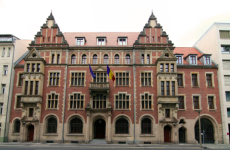
BUCHAREST --- When public diplomacy issues are discussed, focus tends to be on major powers that are particularly active in this field – the United States, China, Israel, the United Kingdom, Russia, and a few others. But Romania has now announced that it wants to join the big guys’ club, and it is taking purposeful steps toward doing so.
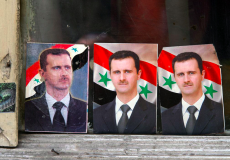
As a committed advocate for soft power and public diplomacy, I look for ways other than military force to address even the most pernicious international behavior. Usually, talking is better than fighting and wise use of political power can make unnecessary the reliance on “kinetic action,” as military thinkers refer to combat.
But there are times when a state’s actions are so outrageous and have so little chance of being altered by peaceful means that soft power measures should be set aside. On occasion, blowing things up is essential.
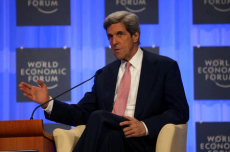
At some point, the post-revolutionary Arab states will emerge from the self-destructive madness that has them so tightly in its grip. While Egypt, Syria, Libya, and Tunisia deal with varying degrees of instability, the future should be kept in sight.
DUBAI --- During two trips to the Middle East within the past two weeks, I have found nearly universal hopelessness about the situation in Syria and what it means for the larger region. Proposed peace talks are considered a sham, just a ploy to convince distant publics that their governments are “doing something.” No one thinks that Basher Assad, as long as he is still breathing, will relinquish power in Syria. Everyone agrees that the slaughter will continue indefinitely.
President Barack Obama’s May 23rd speech at the National Defense University has been cited primarily for its assertion that the war against Al Qaeda has largely been won and that methods for countering violent extremism will change. The President stated that the United States “cannot use force everywhere that a radical ideology takes root,” and said that “the next element of our strategy involves addressing the underlying grievances and conflicts that feed extremism.”
Pages
POPULAR ARTICLES
-
June 5
-
June 18
-
June 6
-
June 5
-
June 19
-
June 11
-
June 5
-
The Hidden Power of Cultural Exchanges in Countering Propaganda and Fostering International Goodwill
May 29
Featured Blogger
Join the Conversation
Interested in contributing to the CPD Blog? We welcome your posts. Read our guidelines and find out how you can submit blogs and photo essays >.








